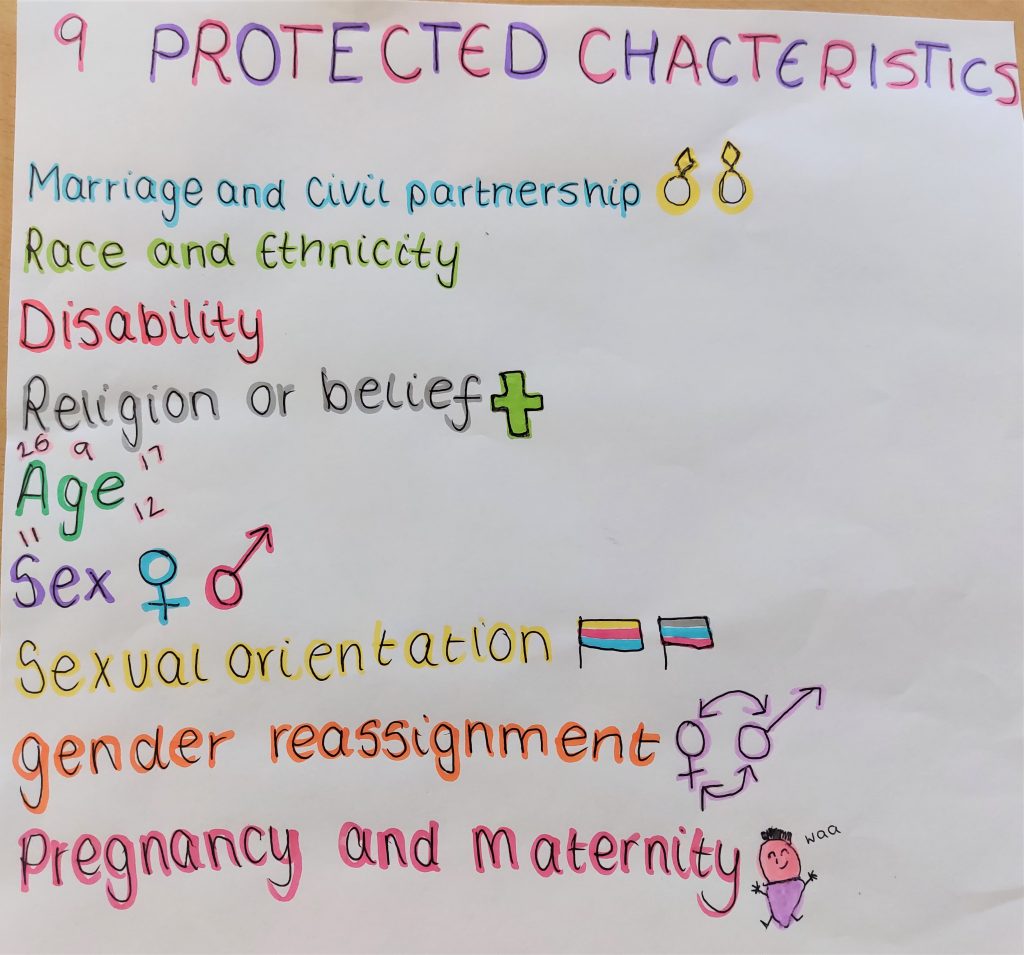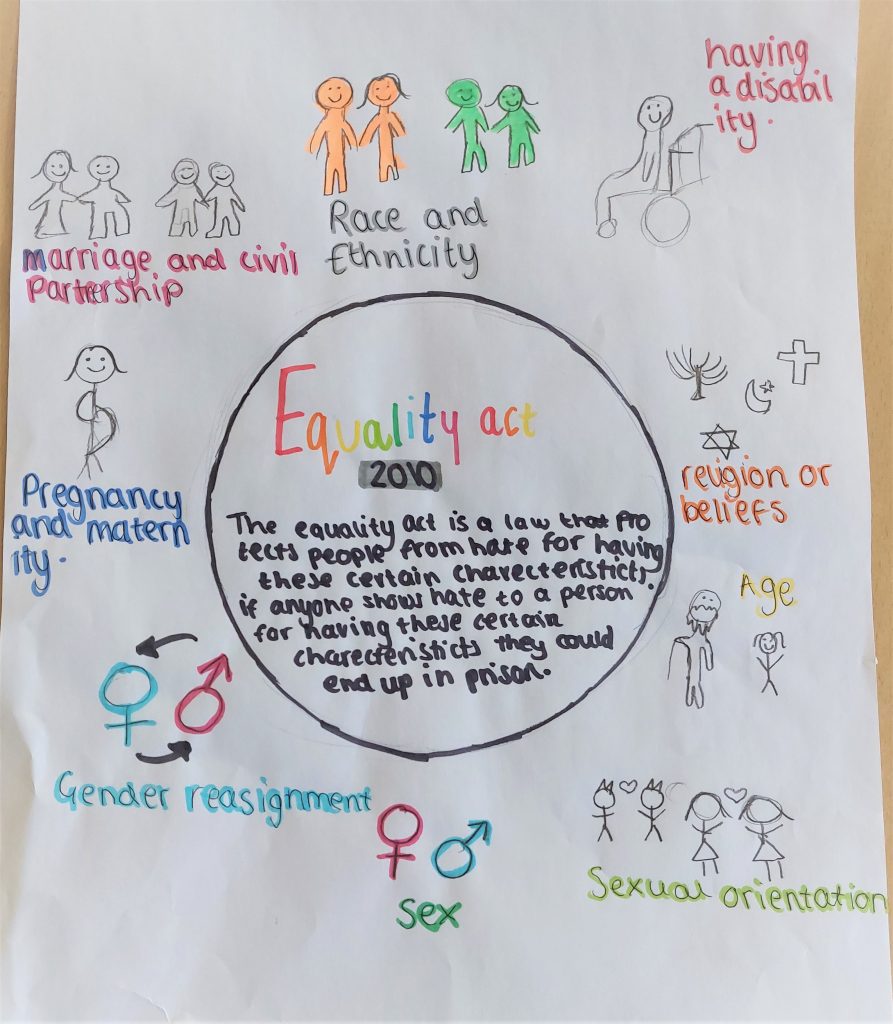Personal, Social, Health and Economic Education and Citizenship
sandbach high school
General information
Vision - #educate #equip #empower
PSHCE is about educating, equipping and empowering our young people!
Personal, Social, Health, Citizenship and Economic (PSHCE) education is a school subject through which pupils develop the knowledge, skills and attributes they need to manage their lives, now and in the future. It gives pupils the knowledge, skills, and attributes they need to keep themselves healthy and safe and to prepare them for life and work in modern Britain.
To embrace the challenges of creating a happy and successful adult life, pupils need knowledge that will enable them to make informed decisions about their wellbeing, health and relationships and to build their self-efficacy. Pupils can also put this knowledge into practice as they develop the capacity to make sound decisions when facing risks, challenges and complex contexts. Everyone faces difficult situations in their lives. These subjects can support young people to develop resilience, to know how and when to ask for help, and to know where to access support.
High quality, evidence-based and age-appropriate teaching of these subjects help prepare pupils for the opportunities, responsibilities and experiences of adult life. They can also enable us to promote the spiritual, moral, social, cultural, mental and physical development of pupils, at school and in society.
The schools values of shaping futures, learning with passion, respecting difference, nurturing ambition and creating opportunity are reflected in our provision of the DfE curriculum. We want them to leave equipped to lead safe, healthy and productive lives as well rounded engaged citizens.
PSHCE Star badges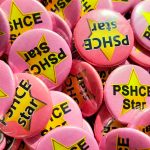
The PSHCE badge is awarded each term to the student who has shown the most engagement, dedication and focus in their PSHCE sessions. The student is chosen by their Form tutor, and receives a badge and award to recognise and celebrate their amazing attitude.
Curriculum Lead
Mrs E Hennessy (PSHE and Citizenship Lead for KS3&4)
Mr A Leonard (KS5 Life Choices Co-ordinator)
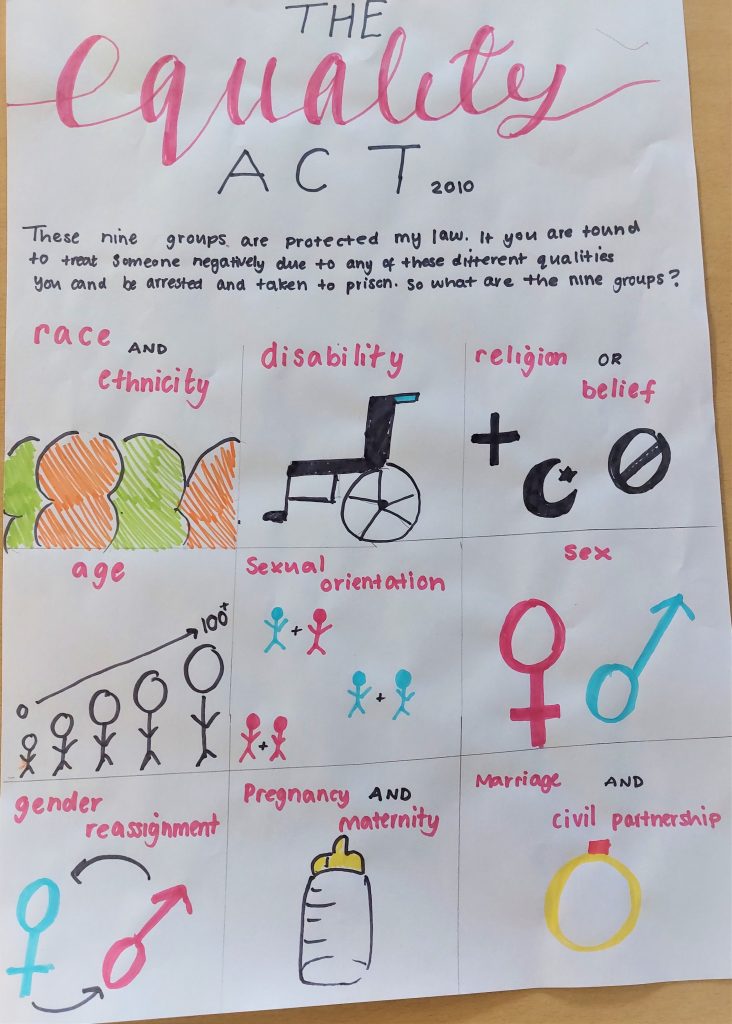
Curriculum
Curriculum statement - #educate #equip #empower
Personal, Social, Health Citizenship and Economic (PSHCE) education is a subject through which pupils develop the knowledge, skills and attributes they need to manage their lives, now and in the future.
PSHCE education gives pupils the knowledge, skills, and attributes they need to keep themselves healthy and safe and to prepare them for life and work in modern Britain.
These skills and attributes help pupils to stay healthy, safe and prepare them for life and work in modern Britain. When taught well, PSHCE education helps pupils to achieve their academic potential, and leave school equipped with skills they will need throughout later life.
PSHCE education helps pupils to develop the knowledge, skills and attributes they need to thrive as individuals, family members and members of society. From making responsible decisions about alcohol to succeeding in their first job, PSHCE education helps pupils to manage many of the most critical opportunities, challenges and responsibilities they will face growing up.
The schools values of shaping futures, learning with passion, respecting difference, nurturing ambition and creating opportunity are reflected in our provision of the DfE curriculum. I want them to leave equipped to lead safe, healthy and productive lives as well rounded engaged citizens.
Our PSHCE challenges stereotypes and prejudices, introduces cultures and celebration of people from different backgrounds. It does not assume that all students come from the same context however, and is designed to be inclusive of all, by having a range of activities and tasks to engage students from all backgrounds.
PSHCE has been developed to teach RSE, Health and Well being and Wider World in three strands, with the lessons, generally leading on from one another if possible. Thus the three strands will provide structure and sequence. As the students’ progress through the years the lessons will cover certain topics in more depth and cover new, more challenging topics within these three compulsory strands.
Our program offers a holistic PSHCE learning journey spanning the pupils’ high school career, with a progressive, curriculum that addresses real needs in a rapidly changing world, tailored to feedback from students, staff and parents. We use a mindful approach to PSHCE, bringing together Personal, Social, Health Education, emotional literacy, social skills, mental health and resilience development in a comprehensive scheme of learning. Teaching strategies are varied and are mindful of preferred learning styles and the need for differentiation.
Students discussing the topics, students surveys, students being able to answer key questions at the end of each lesson. Students hopefully making sensible and well informed decisions in their lives as a result of the lessons they are being taught. Their personal qualities, attitudes, skills and achievements are evaluated by themselves.
This new scheme of work has been prepared to ensure every word in the DfE guidelines has been covered in the lessons. Drop ins and work sampling will reflect the work being done and key questions will reflect progress; as well as end of year assessments.
Students are given a plethora of information to help inform and engage them in their next stages of life, and in their lives now. This entire course is designed to support them in their ongoing journeys, and next stages.
To embrace the challenges of creating a happy and successful adult life, pupils need knowledge that will enable them to make informed decisions about their wellbeing, health and relationships and to build their self-efficacy. Pupils can also put this knowledge into practice as they develop the capacity to make sound decisions when facing risks, challenges and complex contexts. Everyone faces difficult situations in their lives. These subjects can support young people to develop resilience, to know how and when to ask for help, and to know where to access support.
High quality, evidence-based and age-appropriate teaching of these subjects will help prepare pupils for the opportunities, responsibilities and experiences of adult life. This can also enable our school to promote the spiritual, moral, social, cultural, mental and physical development of pupils, at school and in society.
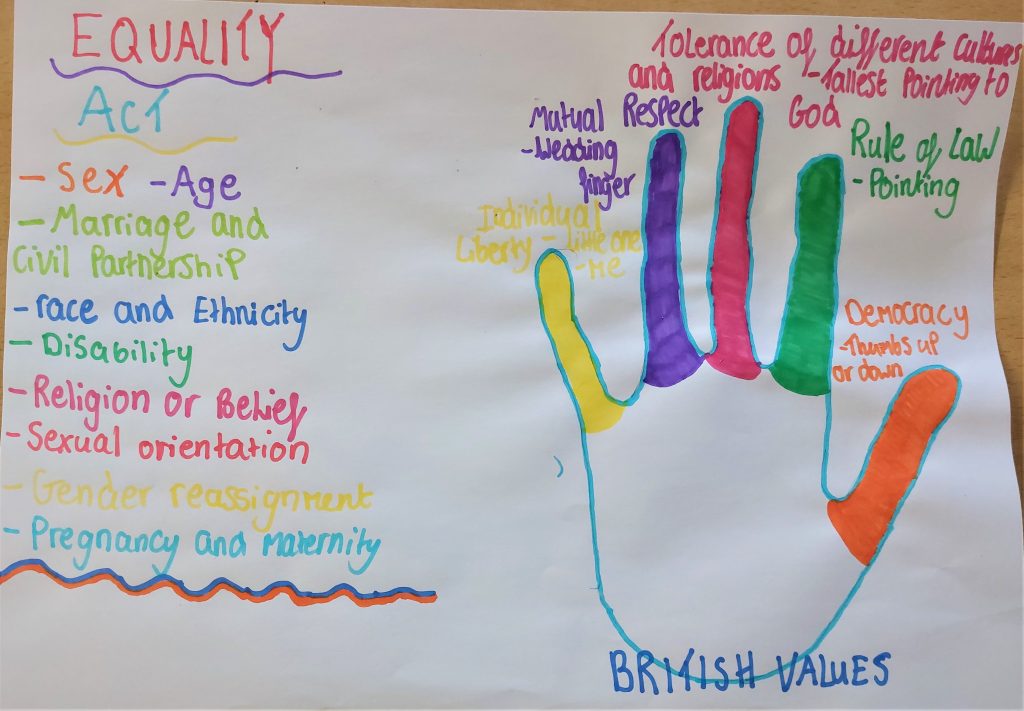
Key Stage 3
Year 7
Relationships and sex unit:
- Friendships
- Bullying
- Families
- Relationships
- Feelings
- Coping with disappointment
- Bereavement
- Influence and pressure
Health and Well Being unit:
- Heathy eating
- Physical heath
- Keeping clean
- Immunisations
- Puberty
- Periods
- Cigarettes/alcohol
- Donations
- Mental health
- Resilience
- E safety
- Road safety
Living in the Wider World Unit:
- British Values
- British Citizenship
- British culture
- Design a country
- Needs and wants
- Poverty
- Raising awareness
- Organisation
- Aspirations
- Money management
End of year assessment
Year 8
Relationships and Sex Unit:
- Comfort zones and challenges
- Friendships
- Body image
- Sex and consent
- Contraception
- Consent and relationships
- Nudes
- Family challenges
Health and Well Being Unit
- Drugs
- Smoking
- Alcohol
- Prescription drugs
- Physical health
- Fire safety
Living in the Wider World Unit:
- Personal finances
- Money management
- Data
- The equality act
- Racism
- Islamophobia
- Extremism
- Knife crime
- The law and legal process
- Child rights
- CSE
- Sweatshops
- Period Poverty
- Raising Awareness
End of year assessment
Year 9
Living in the Wider World Unit:
- Call out Culture
- Suffrage
- Feminism
- FGM
- Fertility treatment
- Crime
- Radicalisation
- County lines
- Debt
- Consumer rights
Health and Well Being Unit
- Alcohol and bad choices
- Smoking and vaping
- Options
- Mental Health
- Self harm
- Drugs
- Addiction
- Solvent abuse
- Body image
- Gender
Relationships and Sex Unit:
- Consent
- Sex
- Unhealthy relationships
- Emotional abuse
- Grooming
- Forced Marriage
- Divorce
- CSE
End of year assessment
Key Stage 4
Year 10
Living in the Wider World Unit:
- Types of government
- Roles of MPs
- Human Rights Act
- The European Union
- Modern Slavery
- Voting
- Fake News
- Discrimination
- Gender
- Gangs
- Income awareness
- Employment rights
- Deby
- 9-5 work experience
Health and Well Being Unit:
- Online gambling
- Stress busting
- Mental Health
- Binge drinking
- Drugs
- Cancer prevention
- FGM
Relationships and sex unit:
- LGBTQ+ children's book task
- Relationships
- Break ups
- Domestic violence
- Sexual harassment
- Sexual assault
- Honour Based Violence
End of year assessment
Year 11
Relationships and Sex unit:
- Sexual Health
- Nudes
- Pornography
- Emotional and physically healthy sex
- LGBTQ+ inclusion
- Parenting
- Marriage
- Relationships and the law
Health and Well Being Unit:
- STIs
- Smear tests
- Teenage Pregnancy
- Abortion
- Miscarriage
Living in the Wider World Unit:
- ‘Britishness’
- Criminal and civil law
- Taxes and public spending
- Women and the media
- Pay inequality
- Sexual harassment
End of year assessment
In Key Stage 5 - PSHCE is taught as Life Choices
Wider Curriculum
Students can attend our:
Amnesty International group (Tuesday lunchtimes)
Anti Racism group (Tuesday lunchtimes)
Feminism group (Wednesday lunchtimes)
Peace Be Upon Him (Wednesday lunchtimes)
Rainbows club (Friday lunchtimes)
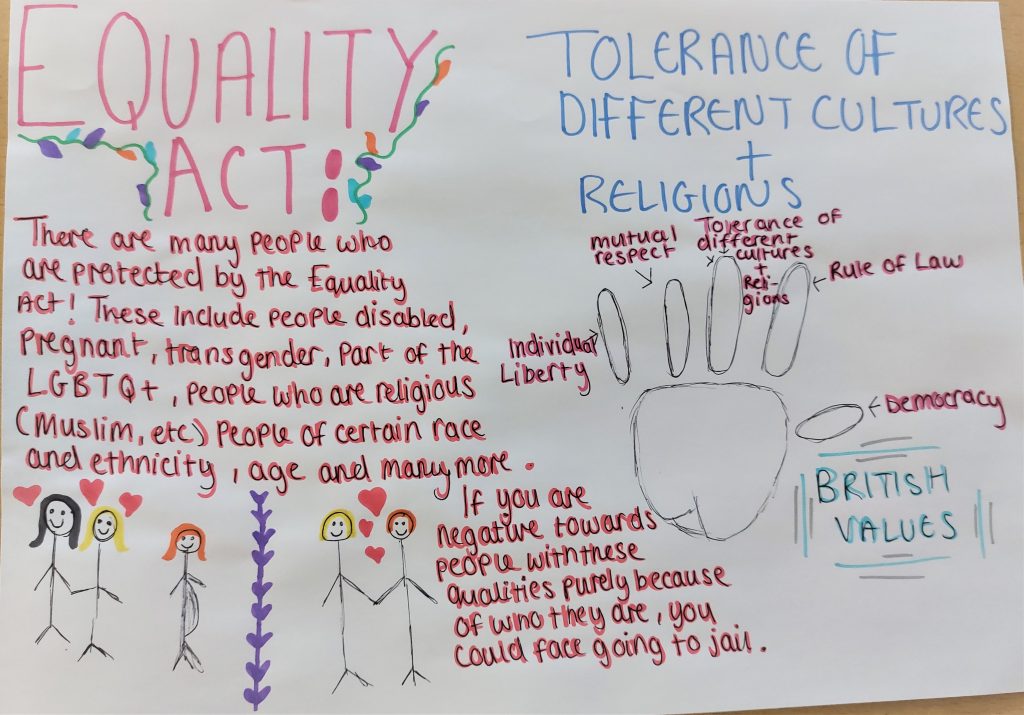
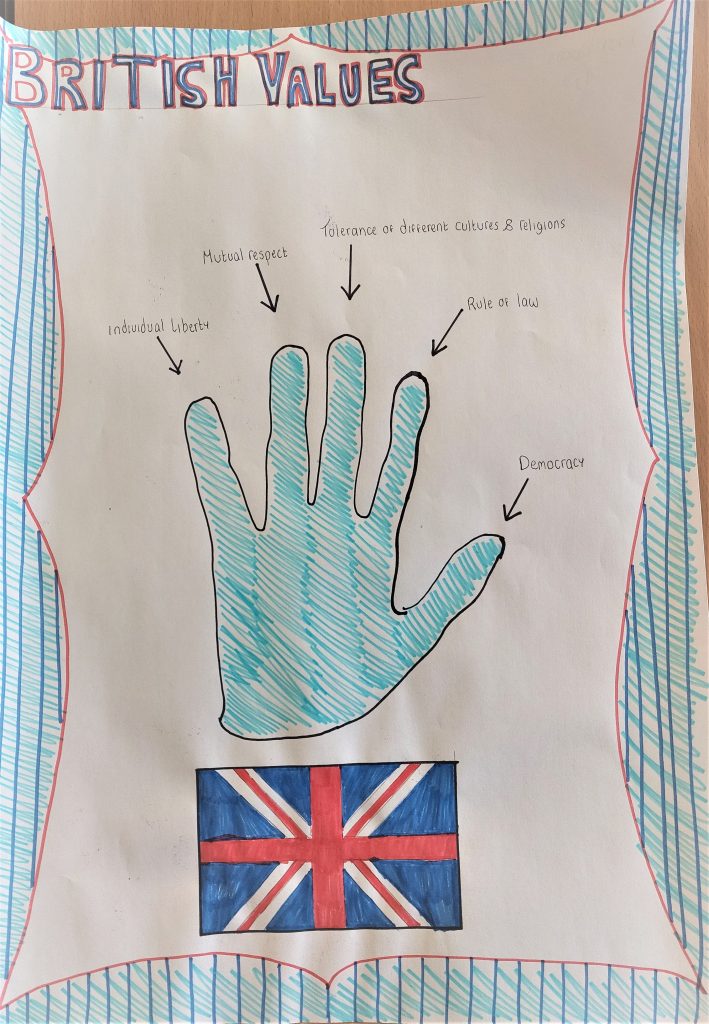
British Values
'We want every school to promote the basic British values of democracy, the rule of law, individual liberty, and mutual respect and tolerance for those of different faiths and beliefs. This ensures young people understand the importance of respect and leave school fully prepared for life in modern Britain' Lord Nash.
At Sandbach High School we seek to educate, equip and empower our young people, and give them a space to find their voice, power and passion; and in doing so we not only promote the British Values explicitly through PSHCE lessons, competitions and displays; but they are embedded in our teaching throughout all curriculum areas (which are highlighted in Schemes of Work) and promoted in our extra curricular activities. We recognise not only the importance of the students understanding what the British Values, and the protected characteristics are, but also recognising their importance and seeing them in practice in our day to day lives in this community.
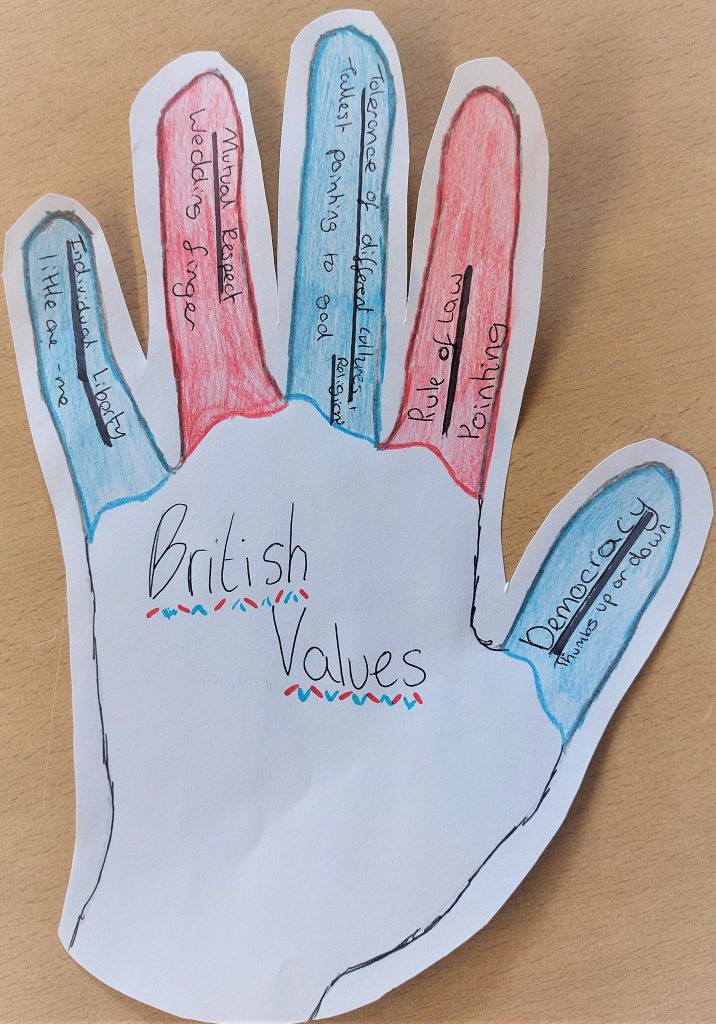
Useful Links
Please see the links below for further information about the RSHE curriculum and the Citizenship curriculum.
Relationships, Sex and Health Education
Five ways to help your child
- Encourage your child to read/watch the news
- Encourage your child to engage with social media accounts such as Simple Politics, Mind, BBC, The Happy Newspaper, thinkuknow, child line
- Try to engage your child in honest dialogue about their life experiences on a regular basis. Talk to your child about their relationships and development
- Encourage your child to access age appropriate youtube content from channels such as Brook, Child Line, Amaze.org, Riseabove
- Encourage your child to express themselves and their reactions to issues in their lives and the things around them.
